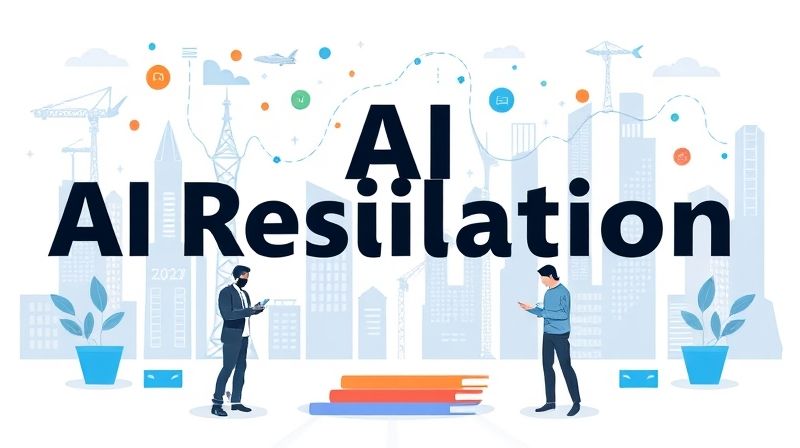The rapid advancement of artificial intelligence (AI) presents both immense opportunities and significant challenges. While India champions innovation, the recent call by Union Finance Minister Nirmala Sitharaman for keeping AI “under our reins” underscores a critical need for proactive and responsible AI regulation. This isn’t about stifling progress, but about ensuring that this powerful technology serves humanity’s best interests.
AI Regulation: The Need for a Balanced Approach

AI Regulation – Article illustration 1
Minister Sitharaman’s statement, made at a NITI Aayog event, directly addresses the tension between fostering innovation and mitigating potential risks associated with AI. While Union Electronics and IT Minister Ashwini Vaishnaw emphasized India’s innovation-focused approach, Sitharaman’s counterpoint highlights the necessity for a balanced strategy. A purely innovation-driven approach, without adequate regulatory oversight, could lead to unforeseen consequences, potentially exacerbating existing societal inequalities or creating new ethical dilemmas.
Ethical Considerations in AI Development

AI Regulation – Article illustration 2
The ethical implications of AI are vast and complex. Algorithmic bias, for instance, can perpetuate and amplify existing societal biases, leading to discriminatory outcomes in areas like loan applications, hiring processes, and even criminal justice. Data privacy concerns are also paramount, as AI systems often rely on vast amounts of personal data. Without robust regulations, the potential for misuse and abuse is significant.
The Importance of Proactive AI Regulation
Proactive AI regulation is not about hindering innovation; it’s about guiding it responsibly. A well-designed regulatory framework can:
- Promote transparency and accountability: Regulations can mandate transparency in algorithmic decision-making, allowing for scrutiny and accountability when AI systems make errors or exhibit bias.
- Protect data privacy: Strong data protection laws are crucial to safeguard individuals’ privacy in the age of AI. Regulations can define clear guidelines for data collection, usage, and storage.
- Address algorithmic bias: Regulations can encourage the development and implementation of techniques to detect and mitigate algorithmic bias, ensuring fairness and equity.
- Foster public trust: By demonstrating a commitment to responsible AI development, governments can build public trust and encourage wider adoption of AI technologies.
The Indian Context: Navigating Innovation and Regulation
India’s unique position as a rapidly developing nation with a significant technological potential presents both challenges and opportunities in the context of AI regulation. Balancing the need for innovation with the imperative to protect its citizens requires a nuanced and adaptable regulatory approach. This approach must be flexible enough to accommodate the rapid pace of technological change while remaining robust enough to address emerging ethical and societal concerns. The ongoing dialogue between policymakers and stakeholders is crucial to shaping a regulatory framework that promotes responsible AI innovation while safeguarding the common good.
In conclusion, keeping AI “under our reins” is not a constraint on progress but a necessary safeguard for a future where AI benefits all of society. A thoughtful and proactive approach to AI regulation is essential to harness the transformative potential of this technology while mitigating its inherent risks.


